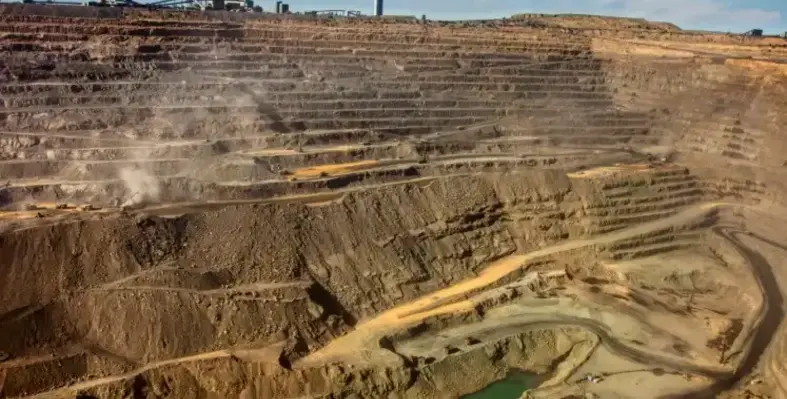In a decisive move to tackle the challenges of illicit gold trade and formalise its artisanal mining sector, Côte d’Ivoire has partnered with the World Bank and the World Gold Council in a new initiative aimed at transforming small-scale gold mining into a safer, more transparent, and economically beneficial industry
The Multistakeholder Partnership for Sustainable and Responsible Small-Scale Mining (MSPI), launched today, brings together major players including Endeavor Mining, Perseus Mining, and the Chamber of Mines of Côte d’Ivoire. The initiative seeks to integrate artisanal and small-scale miners into a regulated, traceable gold supply chain.
“Côte d’Ivoire is leading the way in transforming artisanal and small-scale mining into a more professional, regulated sector,” said Mamadou Sangafowa-Coulibaly, minister of mines, petroleum, and energy of Côte d’Ivoire. He described the partnership as a “crucial step” toward making small-scale mining “safer, more transparent, and a driver of development, growth, and job creation.”
The reform comes in response to the sector’s longstanding issues with smuggling, environmental degradation, and weak regulation. In 2022 alone, the country lost an estimated 40 tons of gold—worth more than US$2bn at the time—due to illegal exports.
The MSPI initiative aims to address these challenges by improving mine sites, processing infrastructure, and legal market access for small-scale miners. It also outlines collaborative mechanisms between large-scale industrial operators and artisanal miners. These include training, assistance with adopting international environmental and social standards, and support in accessing legitimate trading channels.
“Artisanal mining holds enormous potential to add tremendous value to Côte d’Ivoire’s economy and to lift people out of poverty, but only if it is made safe, legal, and sustainable,” said Marie-Chantal Uwanyiligira, World Bank Division Director for Côte d'Ivoire, Benin, Guinea, and Togo. “This is a truly innovative mechanism for bringing together large mining companies and small artisanal miners, providing opportunities for additional domestic resources to support development and create decent jobs for youth and women.”
The World Bank will assist the Ivorian government in aligning its practices with international gold production standards. Meanwhile, the World Gold Council will work with companies to establish model small-scale mines, improve supply chain infrastructure, and ensure traceability through partnerships with institutions like the London Bullion Market Association.
Terry Heymann, chief strategy officer of the World Gold Council, called the agreement “a groundbreaking and innovative approach” to responsible mining. “By fostering collaboration between industrial and artisanal miners, we can raise environmental and social standards, exclude illicit actors, and deliver shared benefits for governments, communities, miners, and the global gold market.”
Although Barrick Mining Corporation has contributed to the initiative’s development through its Tongon mine, it is not currently a participant due to ongoing sale negotiations. However, Barrick has stated it will encourage the new owner to engage with the partnership.
As countries across West Africa continue to navigate the complexities of artisanal mining, Côte d’Ivoire’s MSPI could serve as a regional blueprint for integrating informal mining into the formal economy while supporting the livelihoods of hundreds of thousands.














